FORESTRY AS PART OF COLONIAL POLICY
Swedens current forestry is a continuation of the colonial policy that the Swedish state has carried out for over 400 years in Sápmi, where Sámi lands have been stolen. Todays reindeer pasture forests are being clear-cut, the forestry and other extractive companies disregard what the Sámi villages say during consultations (if there are any). Still after thirty years, Sweden has not signed the UN Convention ILO-169 for Indigenous peoples' rights and has not upheld the right to 'Free, Prior and Informed Consent' for the Sámi as Indigenous people when it comes to exploitation of traditional lands. Forestry must be decolonised for the sake of us all, injustice anywhere is a threat to justice everywhere.
DECOLONIZING ACTIVISM
The Forest Rebellion is not about 'helping' the Sámi to Decolonise Sápmi on the basis of the attitude or assumption that we know better. Our approach is to partner with and establish good relationships with Sámi families, reindeer herder districts (Samebyar) and individuals. In this partnership we get consent on strategy, important decisions, media narrative etc before we act.
Most of us have a background in a settler society and we are trying to be aware of that, while depeening our understanding of our position. We recognise that the emancipation of all of us is interconnected. we all need to decolonise and work on our own equality, gender equality and gender discrimination. We learn from our mistakes, be transparent and take responsibility if something is not right.
INDIGENOUS JUSTICE IS CLIMATE JUSTICE
Sápmi is one of the areas where people are already hardest hit by the climate crisis. At the poles, warming is twice (!) as fast as in the rest of the world. This is having disastrous consequences for reindeer herding, fishing and other traditional Indigenous practices and livelihoods. Add to this the deforestation of the last old-growth forests and the picture of the ecological crisis in Sweden today becomes clear.
The abuse of nature has led to an existential crisis for the Sámi, who need the forest and nature to continue living as they always have. Through their way of life and the exercising of their Indigenous rights, they protect nature. Therefore, to protect Indigenous peoples is to protect nature. In most countries where Indigenous peoples live, there is therefore a strong cooperation between the climate movement and Indigenous peoples.
The Sámi show us that it is possible to live in harmony with nature. But their way of life is under threat, as is the climate. The knowledge of Indigenous peoples is crucial to overcoming the climate crisis. That is why the voices of Indigenous activists must be heard. This is how real climate change can happen.
